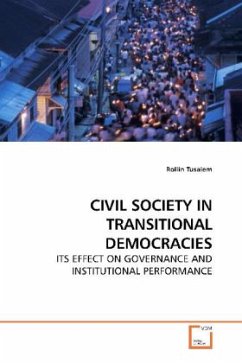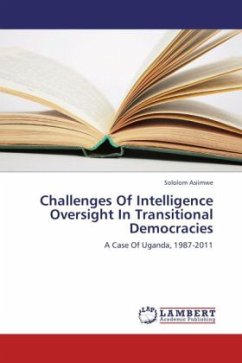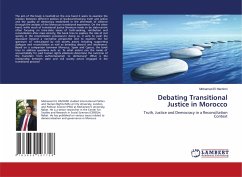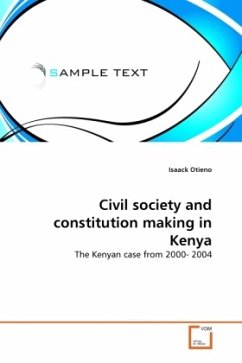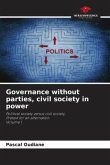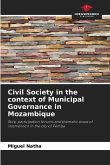This book draws on extant civil society theories in explaining how strong and dense civil societies help enhance the sustainability of democracy by improving governance and state institutional performance. Despite mounting criticism that civil society can be inimical to the stability of democracies and lead into institutional mal-performance, I argue that a strong civil society (even in the absence of a strong state) is a necessary element in the consolidation of democracies. I investigate the empirical question by using a nested approach of combining a large n cross-national study that is supplemented by case study evidence in Nigeria, the Philippines, South Korea, Brazil and Russia. The book''s major implication is to provide empirical support to theoretical propositions about civil society''s ''supposed'' beneficial effect on democratic governance that has not been adequately empirically evaluated and assessed among transitional democracies. The findings show that the pre-transition and post-transitional strength of civil society among more than 60 transitional states have a positive effect in promoting better governance and institutional performance.
Bitte wählen Sie Ihr Anliegen aus.
Rechnungen
Retourenschein anfordern
Bestellstatus
Storno

